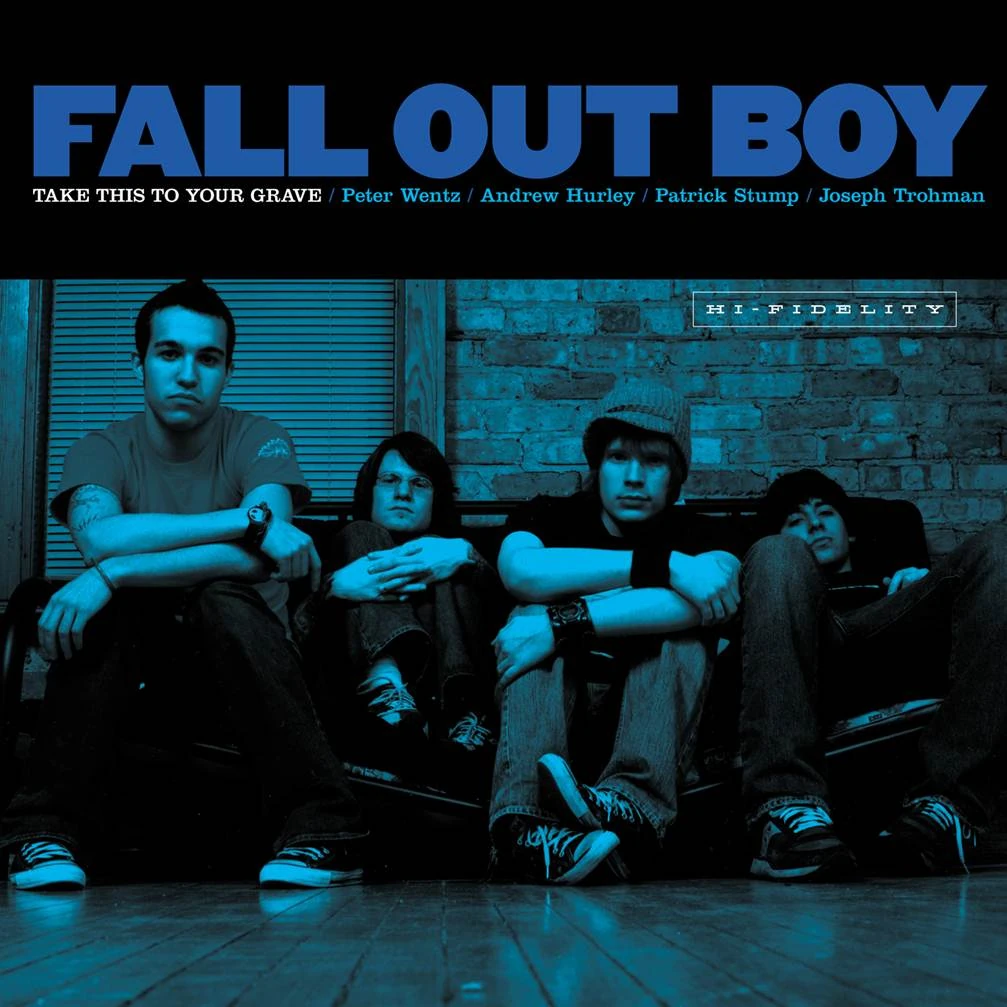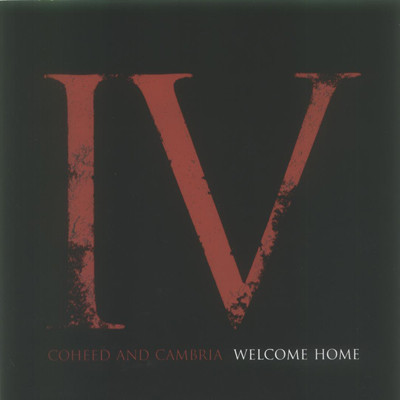 When “Somebody Like You” hit the airwaves in 2002, it wasn’t just another country-pop crossover song—it was the declaration of a new era. Keith Urban had already garnered attention with his previous efforts, but this single, the lead track from his album Golden Road, was the lightning strike that electrified his career and fundamentally reshaped the modern country landscape. With its pulsing acoustic intro, infectious chorus, and warm-hearted optimism, “Somebody Like You” was a shot of sunlight in an era where mainstream country often flirted with melancholy and restraint. The song didn’t just chart—it ignited, topping the Billboard Hot Country Songs chart for six weeks and breaking Urban wide open to international stardom.
When “Somebody Like You” hit the airwaves in 2002, it wasn’t just another country-pop crossover song—it was the declaration of a new era. Keith Urban had already garnered attention with his previous efforts, but this single, the lead track from his album Golden Road, was the lightning strike that electrified his career and fundamentally reshaped the modern country landscape. With its pulsing acoustic intro, infectious chorus, and warm-hearted optimism, “Somebody Like You” was a shot of sunlight in an era where mainstream country often flirted with melancholy and restraint. The song didn’t just chart—it ignited, topping the Billboard Hot Country Songs chart for six weeks and breaking Urban wide open to international stardom.
Urban’s distinctive blend of country twang and arena-rock dynamics is on full display in “Somebody Like You,” but what truly elevates the track is the sheer joy it exudes. It’s rare for a love song to feel this authentic and unforced, but Urban’s delivery—rooted in a spirit of personal renewal—makes it all resonate. This was a song about transformation, about redemption through love, and about shaking off the past to embrace possibility. In a post-9/11 America, where hope had become both a necessity and a commodity, “Somebody Like You” hit a cultural nerve with its message of healing through connection.
The lyrics are deceptively simple, but they carry an emotional heft that comes with lived experience. Urban sings: “There’s a new wind blowin’ like I’ve never known / I’m breathin’ deeper than I’ve ever done.” These aren’t abstract metaphors—this is a man coming up for air after years of holding his breath. In real life, Urban had just completed a stint in rehab and was reckoning with both personal demons and professional expectations. That makes the optimism in “Somebody Like You” feel earned. It wasn’t born from fantasy—it was forged through struggle.
Musically, the song is a marvel of arrangement. From the first strummed chord, the track is in motion. The blend of banjo, drum loops, and electric guitar creates a sense of propulsion that never lets up, underscoring the forward-looking message of the lyrics. It’s country, but it’s not bound by tradition. Instead, Urban and co-producer Dann Huff crafted a soundscape that nodded to Nashville but aimed for the global stage. It was glossy but not sterile, grounded but not conservative. For country purists, it may have been a stretch, but for millions of listeners, it was the sound of the genre evolving right before their ears.
“Somebody Like You” also marked a significant shift in Urban’s own songwriting style. While earlier works were tinged with introspection, this track was unabashedly outward-facing. It’s not that he abandoned depth—rather, he learned how to cloak it in accessibility. The chorus is a triumph of phrasing and melodic phrasing: “I wanna love somebody / Love somebody like you.” That repetition doesn’t just emphasize longing; it universalizes it. Who hasn’t yearned for the kind of love that remakes them? The song resonates not because it’s specific, but because it speaks a truth so many people understand instinctively.
The video, too, reinforced the song’s themes. Set against bright desert landscapes, Urban is seen smiling, strumming, running, laughing—it’s a portrait of liberation. This wasn’t the stoic cowboy archetype of old Nashville. This was something new: the joyful, vulnerable male artist unafraid to wear his heart on his sleeve. Urban’s image—windblown hair, guitar in hand, genuine smile—helped redefine what a country star could look and sound like in the 21st century.
And it worked. “Somebody Like You” spent over six months on the country charts and helped Golden Road go triple platinum. More importantly, it served as the cornerstone for a new generation of country artists who weren’t afraid to fuse pop melodies with twang, who embraced slick production without losing emotional authenticity. Urban opened the door for artists like Sam Hunt, Kelsea Ballerini, and Thomas Rhett—artists who would later take country-pop to even greater commercial heights.
There’s also something to be said about how the song balances masculinity and vulnerability. Urban isn’t ashamed to express gratitude for love’s redemptive power. “I used to run in circles goin’ nowhere fast / I’d take one step forward and two steps back.” These admissions are rare in male-fronted country songs of the era, which too often leaned on tropes of bravado, heartbreak, or revenge. But here was a man saying: I was broken, and you made me better. That emotional availability became one of Urban’s trademarks and one of the reasons he resonated with fans across gender lines.
Critically, the song was well received, but its real impact was cultural. It became a staple of country radio, a popular choice for weddings, and a fan-favorite in Urban’s live sets. Over the years, its message hasn’t dulled; in fact, it’s aged remarkably well. In an era where country music continues to wrestle with questions of identity, authenticity, and innovation, “Somebody Like You” stands as a testament to the power of sincere songwriting and genre-blurring ambition.
The legacy of the song also lives on through its live performance history. Urban has played it at nearly every concert since its release, often as a triumphant encore. And each time, the crowd sings every word, not just because it’s catchy, but because it speaks to something universal. We’ve all been lost. We’ve all looked for that one person to help us find ourselves. And when the chorus kicks in—“I wanna feel the sunshine / Shinin’ down on me and you”—it doesn’t feel like a pop cliché. It feels like a mantra.
Over two decades later, “Somebody Like You” is more than just a song—it’s an era-defining moment. It bridged gaps: between country and pop, between vulnerability and strength, between personal redemption and public celebration. Keith Urban didn’t just release a hit single—he planted a flag in the musical landscape and said, “This is where we go next.”
That spirit of forward motion is perhaps the song’s greatest gift. Even now, it feels like it’s reaching toward something. Not nostalgia. Not regret. But possibility. “Somebody Like You” captures the feeling of running toward the future with open arms, unafraid, hopeful, reborn. It’s not about what was lost—it’s about what can still be found. And that, more than any genre label or chart position, is what makes it immortal.


